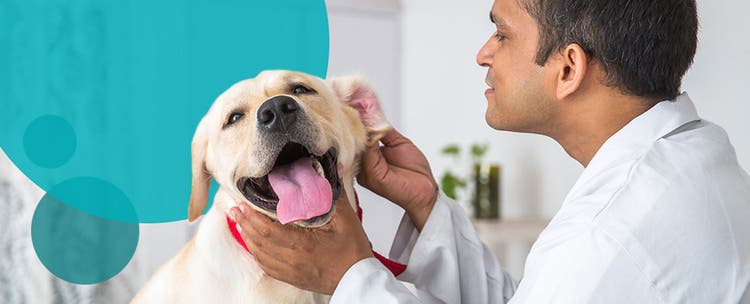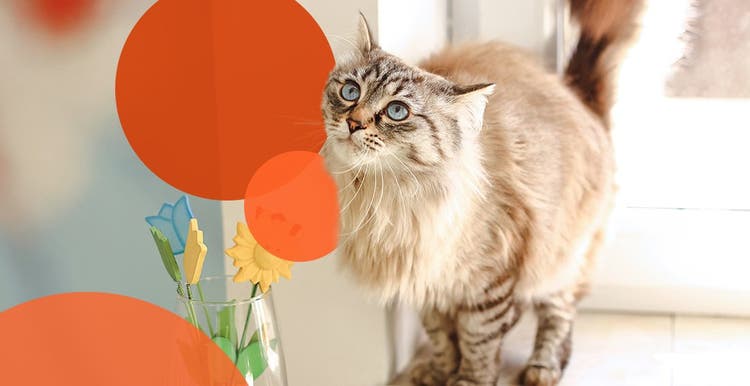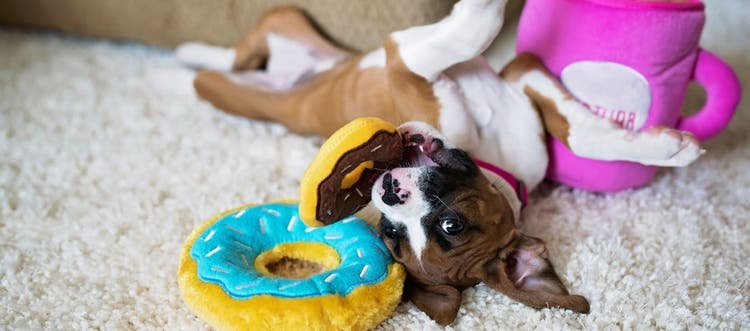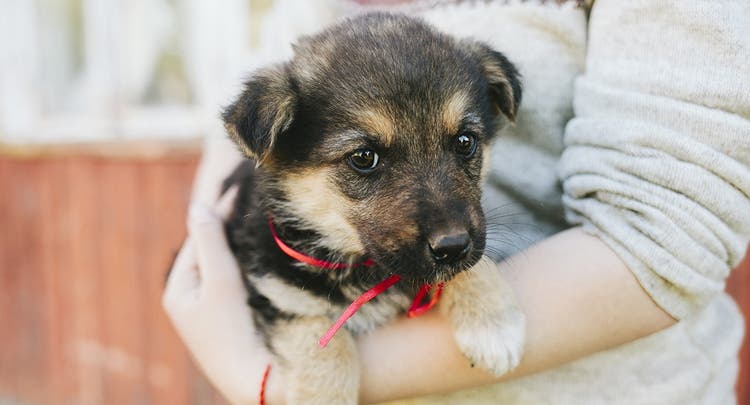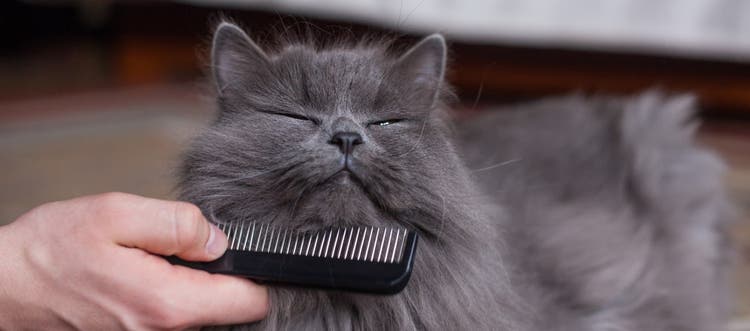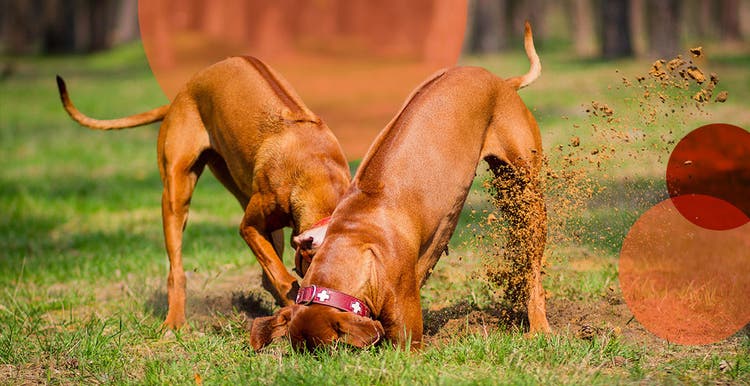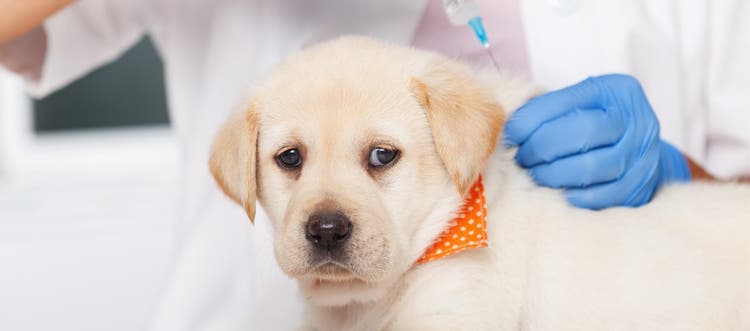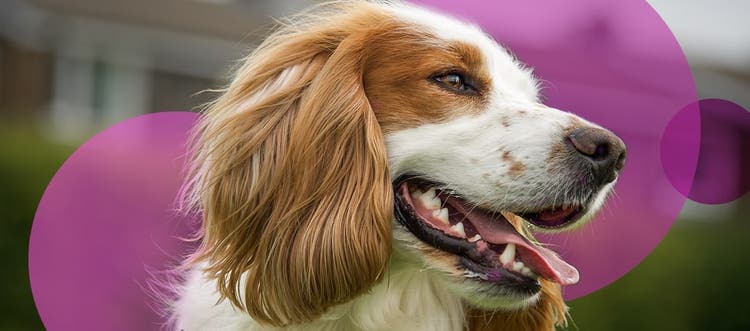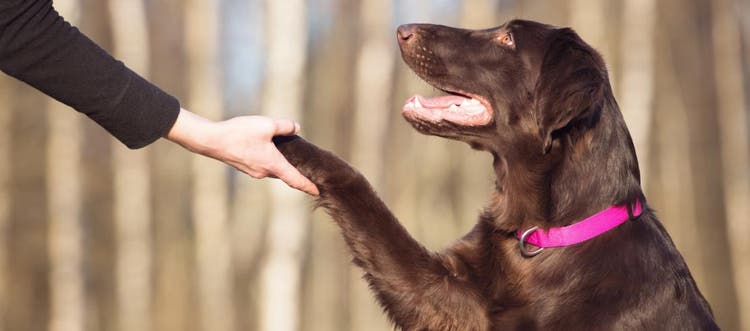Causes of cat drooling and how you can help.
Have you ever noticed your cat drooling? In most cases, a little drool from your cat is nothing to worry about, particularly if they have exhibited this behavior their entire life.
But at other times, excessive drooling can be a signal that something is wrong with your cat. If your cat’s drooling is sudden or abnormal, take them to a vet to get checked out.
4 Reasons Your Cat May Be Drooling
1. Mouth Disease and Tooth Decay
Mouth disease or tooth decay are common causes of drooling in cats. The buildup of tartar can rub against the inside of your cat’s mouth, causing irritation, discomfort and odor. To check for this, gently pull your cat’s lip back and take a look at their teeth. If their teeth are brown or have a stony texture, or if the gums are red or bleeding, you should get them checked by your vet, as they may need treatment including a scale and polish.
2. Foreign Objects in Your Cat’s Mouth
While you’re checking your cat’s teeth, look for anything that might be stuck in their mouth, such as a piece of string or a small object, that could be causing discomfort. Sometimes cats get tumors in their mouths or on their tongues, which can also lead to drooling.
Keep in mind that unlike dogs, cats are usually not keen on having their mouths inspected, so it would be very easy to miss something. If you do find something in your cat’s teeth or mouth, never try to remove it from your cat's mouth on your own. For example, pulling on string or yarn stuck in your cat’s mouth could make the situation much worse. For this reason, it is always good to visit your vet for a more thorough, compete oral evaluation.
3. Toxins or Plants
Cats are very curious by nature and unfortunately, they do a lot of sampling with their mouths. If cats get into cleaners or other household products containing harmful chemicals, their mouths can actually be burned, causing drooling.
Cats that nibble or eat the wrong type of houseplant can become sick and often drool. Peace lilies are a common example. For this reason, it is paramount not to have any plants in the home or around the house that are considered toxic to cats.
4. Anxiety and Nausea
Drooling can also be a sign of anxiety or nausea. Nausea can signal anything from a temporary upset stomach to something more serious, like inflammatory bowel disease or intestinal cancer.
What to Do If Your Cat Is Drooling Excessively
While the causes of drooling in cats range from “no need to worry” to “serious medical issue,” it’s always best to play it safe. If the drooling lasts more than a few minutes or is occurring continuously or regularly, it’s definitely time for a veterinary exam.
